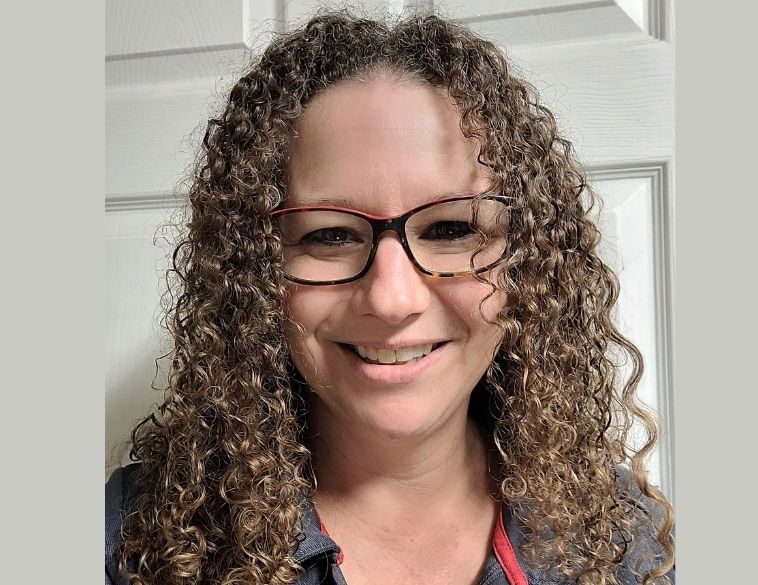Virtual practices may be here to stay.
As restrictions lift and the world starts to think about moving past the pandemic, tire shops are adapting to new realities.
At OK Tire in Etobicoke, Co-Owner Darryl Croft has maintained staff meetings on a regular basis throughout COVID, so individuals could voice their concerns. If people weren’t comfortable coming into work, they were accommodated, rather than reducing hours across the board.
However, even with all the precautions and accommodation, Croft has a staff shortage. “We’ve been short-staffed since the first wave of the pandemic,” he describes. “We’ve been trying to recruit all sorts of positions and haven’t had much luck. We’ve lost more people than we’ve been able to find.”
Croft suspects a lifestyle change has impacted the availability of staff. Seeing other family and friends not working, caused a shift in attitude towards work. “People seemed to want to work less, there’s no pressure to move around,” he says. “People wanted to stay status quo, they seemed scared to move.”

Cutting back
But Croft continues to advertise, running more ads than ever, putting the word out. He’s heard the same from other shops, who have even asked if he knows of anyone who’s available. “There was a shortage pre-pandemic, when more was getting done. Now less is getting done and that shortage has gotten worse. People aren’t looking for extra hours.”
He estimates staff has been reduced by 15 percent. The shortage is in licensed technicians, mechanics and service advisors. While there are many young people who are willing to work and learn, they need to work with experienced people. And that’s where the gap falls, with mid to senior level technicians.
Croft has cut back some services that were added value, but not essential. For example, providing pick-up services only for clients who are a little closer to the shop. And he’s resigned to under-performing for a while. “Staff has adapted their lifestyle to reduced schedules and reduced work. People have discovered they can live on less, and don’t want to rush into anything.”
Working together
Over at Tirecraft Cambridge, Managing Partner Crystal Forth saw an small exodus of staff. Her store does retail and also services commercial trucks, often sending tire techs out on the road. During the pandemic, Forth’s business partner, as well as a mechanic and a broker, left for the east coast. But luckily, she was able to tranfer a mechanic from another location. And she promoted one of her long-standing tire road service staff into sales.
“He has a perfect personality for sales,” enthuses Forth. “He was a huge help during the pandemic because he has a great relationship with the guys, he was one himself. He still gets in the truck, goes to work with them on-call.”
At the beginning of the pandemic, Forth sent the road service tire techs home and dispatched them from there. “They would stay home until we called them to do a service call,” she remembers. “We did this for a couple of weeks. Then, slowly but surely, they all started coming back to the office. They didn’t want to be at home, they wanted to be where the action is.”
Going through the pandemic has definitely brought the staff at Forth’s store closer together. Sometimes, if a counter staff person might be busy and forgets to ask for a lock tool, the techs will get it for them. “We’re helping each other more,” says Forth. “We all have to work together, everyone jumps in to help.”
New mobile service
During the pandemic, Fountain Tire launched a new mobile tire service called TireMobile, where the service goes to customers. “They can be comfortable in their own homes while the vehicle is serviced,” explains Shad Smereka, Vice President, People and Customer Experience at Fountain Tire. Customers appreciated the service, and Smereka says it will stay in place for the long term.
Fountain Tire also added online appointment booking during the pandemic, which offered customers more flexibility on how they connected with stores, and reduced customer time at the counter while in the store. This practice will also continue beyond the pandemic.
Hiring and onboarding practices across Fountain Tire stores, distribution centres, retread plants, wholesale division and mine service division didn’t change very much. The businesses were essential, staying open to customers, so potential employees were able to stop in and connect with the store owner or apply online.
However, at head office, Fountain Tire shifted to online interviewing and onboarding. As online technology became more accessible and easier to use, new team members were occasionally hired from remote locations.
Smereka says that several of the safety guidelines and processes brought into action during the pandemic are here to stay. If someone is ill and has to stay home, that will continue to be the case. Practices like contactless key drop-off will also become permanent.

Safety team got creative
“Our safety team got creative during the pandemic, and their new processes will have ongoing benefit,” notes Smereka. “We used to conduct two annual onsite safety audits, but shifted to a remote model.” Now, this may become the norm when the safety team cannot visit in person, whether it be due to the pandemic, natural weather events, fires, flooding or other special circumstances.
Many employee engagement initiatives continued, like the annual Managers Meeting and Store Owners Convention, which went virtual. The United Way fundraising auction was also online.
For Fountain Tire’s 65th anniversary last year, team members submitted photos of their summer adventures and participated in weekly photo challenges, highlighting Fountain Tire spirit and community involvement. A regional challenge was held to help “Bill,” a special 65th anniversary statue, visit as many Fountain Tire locations as possible.
Fountain Tire’s local ownership model proved to make a difference, empowering store managers to make local decisions that were best suited to their own locations. Many went the extra mile to maintain a positive culture, with store morale staying strong, particularly as staff took pride in being “essential workers.”






 GASPÉ
GASPÉ Permanent
Permanent


